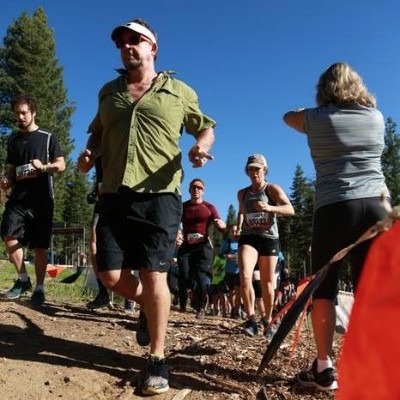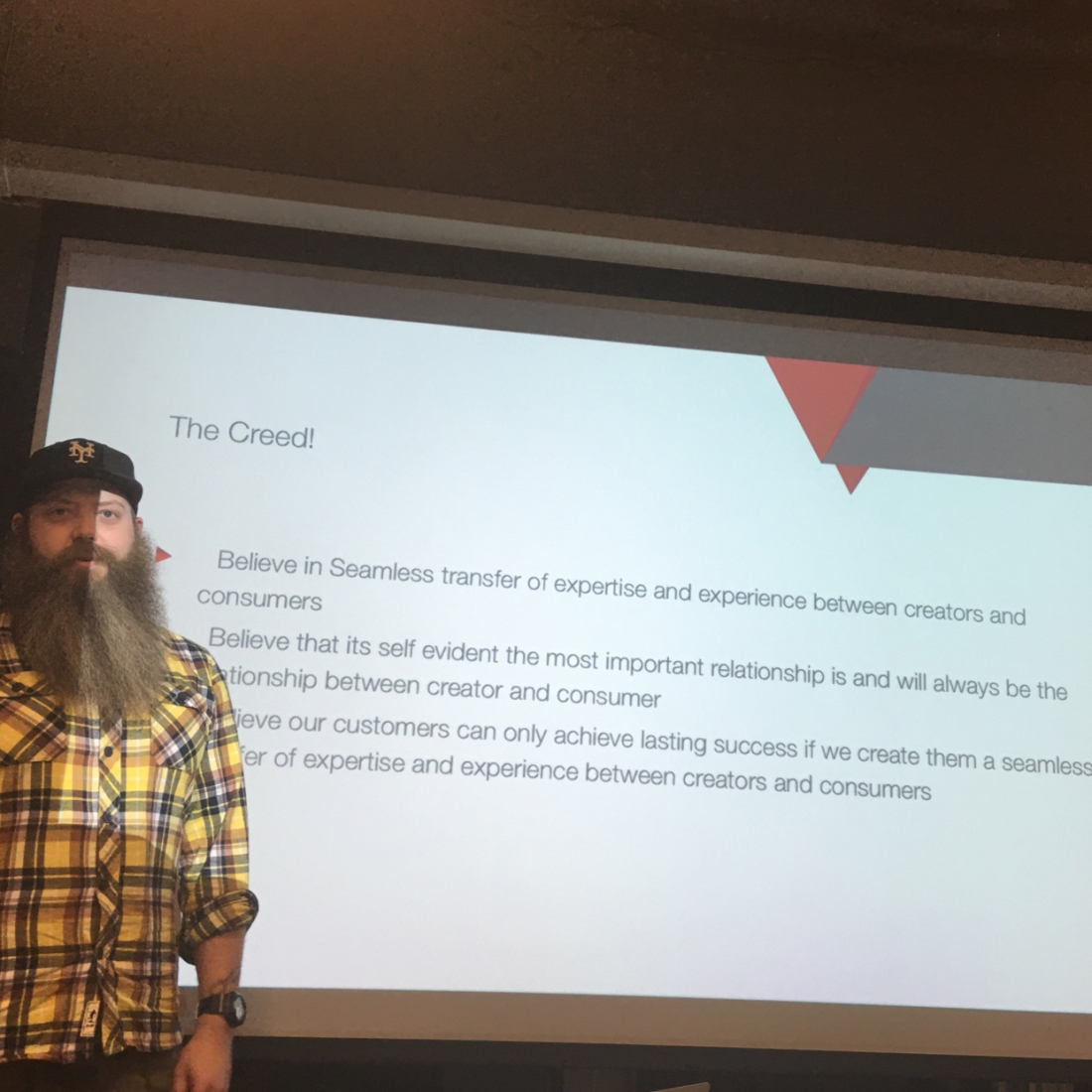Last week I shared the Radiolab episode titled “Dinopocalypse Redux” (it’s an awesome listen, check it out), which offers an entertaining version of the terrifying story of the end of all life on earth 63 million years ago. Well, 99.9999% of life on earth died according to the New Yorker version of the story, “The Day the Dinosaurs Died“.

According to Quartz, June 30 is Asteroid Day because:
…on this day in 1908, an asteroid exploded over Tunguska, Russia, destroying hundreds of acres of forest. There are more recent examples: Last December, a larger asteroid broke apart over the Bering Sea with force 10 times more powerful than the atomic bomb dropped on Hiroshima. It wasn’t tracked in advance, but a NASA satellite accidentally captured imagery of the fireball from space:
Space is super cool because it makes me feel small and life entirely random. More importantly, it’s frightening to note that we humans can not currently track asteroids that are life-threatening or species-killers.
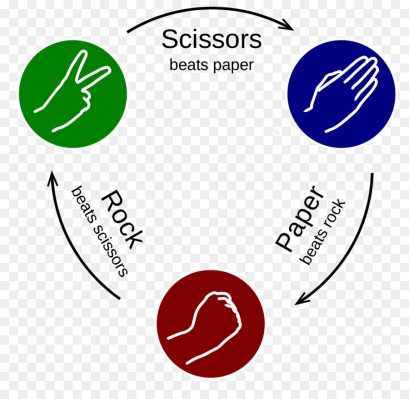
Speaking of randomness, Rock, Paper, Scissors…I’ve wondered why we call this game: Ro Sham Bo. I’ve read it dates back to the Comte de Rochambeau, a French nobleman who fought against the British during the Revolutionary War, but I’m not so sure. According to the Anthropocene Reviewed Podcast, this game dates back to ancient China. The game has had many variations over the centuries, and it is likely a mispronunciation of a Japanese name for the game.
If you’re unfamiliar with the Anthropocene Reviewed Podcast, it’s where John Green reviews all manner of things on our human-centered planet on a five-star scale. John Green is the critically acclaimed author of “The Fault in Our Stars.” Listen to his review of Rock, Paper, Scissors (spoiler, he gives it 4/5 stars). I also recommend listening to his review of the Lascaux Paintings and the Taco Bell Breakfast Menu.
Notice the link above to the Rock, Paper, Scissors episode is to Castro.fm. I’ve been a podcast listener since before the first iPod was released; meaning, since before they were called podcasts. I’ve used a lot of podcast apps and I’ve been a long time user of Downcast. Castro.fm is my new absolute fav. Here’s another podcast tip for those of you in tech, “The Techmeme Ride Home” is an absolute can’t miss podcast.
Switching gears, Bessemer published “The 10 Laws of Cloud.” These are some great points. In particular, pay attention to the “5 Cs of Cloud Finance.” and it is a fact that “customer success is company success.” However, first-time SaaS entrepreneurs need much more basic advice. I usually advise them to: stop thinking about customer pain and product features; rather, figure out your distribution model. How will your distribution model provide you a competitive advantage? To figure this out think about who your key partners, influencers, critical first customers, and broadcasters. Befriend these people and create a disruptive distribution model. Otherwise, you better have access to $500 million to burn in order to get your business to scale.
Simon Sinek is the creator of the Golden Circle, which I’ve found to be enormously helpful over the years. I saw his tweet above this week. If you wish to have a successful team, trust is the most important ingredient.
Sinek studied the United States Marine Corp for insights on leadership. I recommend following my friend Matt Reiley. He’s a former Lt. Col. in the USMC and currently an executive at one of the world’s largest financial institutions where he runs cybersecurity. He recently wrote a series on leadership and transition where he shares his learnings from his military career that are relevant to the private sector in a series of useful and quite shareable lists.
I’m re-reading William Somerset Maugham’s “The Razors Edge“, which I selected for my book club (January 2018). I read this first when I was 13 or 14 years old and it profoundly impacted how I think about life. I watched the movie with Bill Murray again this week too and while no movie is as good as the book, it does have Bill Murray and I love it. Check it out, it’s on Amazon Prime and Netflix. Come to think of it, I take that back. In my opinion, “Game of Thrones” on HBO is better than the original books. I just do not need to read 40 pages describing people eating.
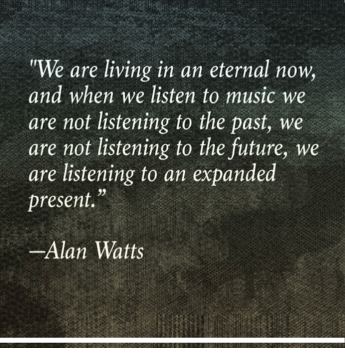
While on the topic of people who have profoundly impacted me, Alan Watts. I saw the above quote on Instagram and shared it with my daughter who loves music. This is why we love music because it creates an expanded present. If you’re looking for a good taste of Watts get “You’re It!: On Hiding, Seeking, and Being Found.” It’s only in audiobook, which is why I’m recommending this; Watts is a terrific orator.
Finally, according to the Morning Brew Newsletter:
- U.S. markets: Wall Street just closed out its best first half to a year in two decades, and the Dow hasn’t gained this much in June since 1938. What could go wrong?
I’ll leave you with this thought:
Hanlon’s Razor—the idea that one should “never attribute to malice what can easily be attributed to stupidity.” Meaning that most of the bad things people do are not done out of evil…but simple incompetence. Not everyone is as well-educated as you, not everyone was raised to be responsible like you were, not everyone is as talented as you, and it is in this gap that you can find the explanations to most errors, most bad driving, most of the litter you see on the street, and most of the wrongs you feel have been done to you.
So, relax. Not everything is out to get you.
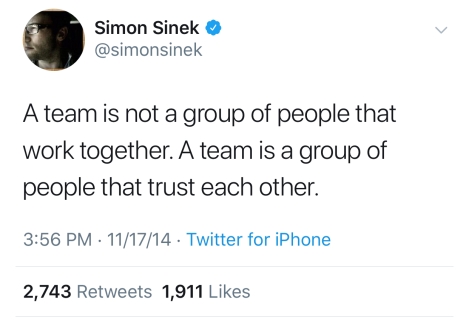
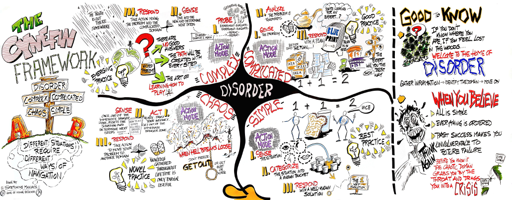
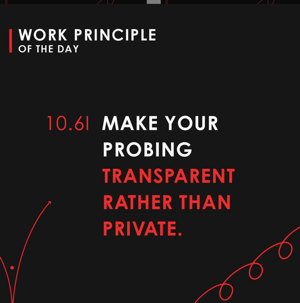

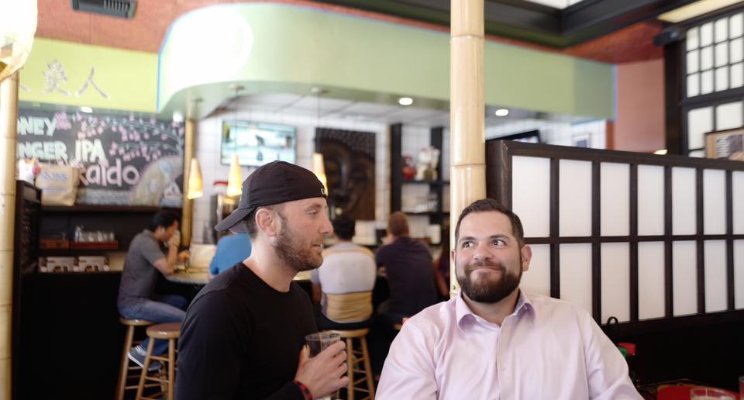
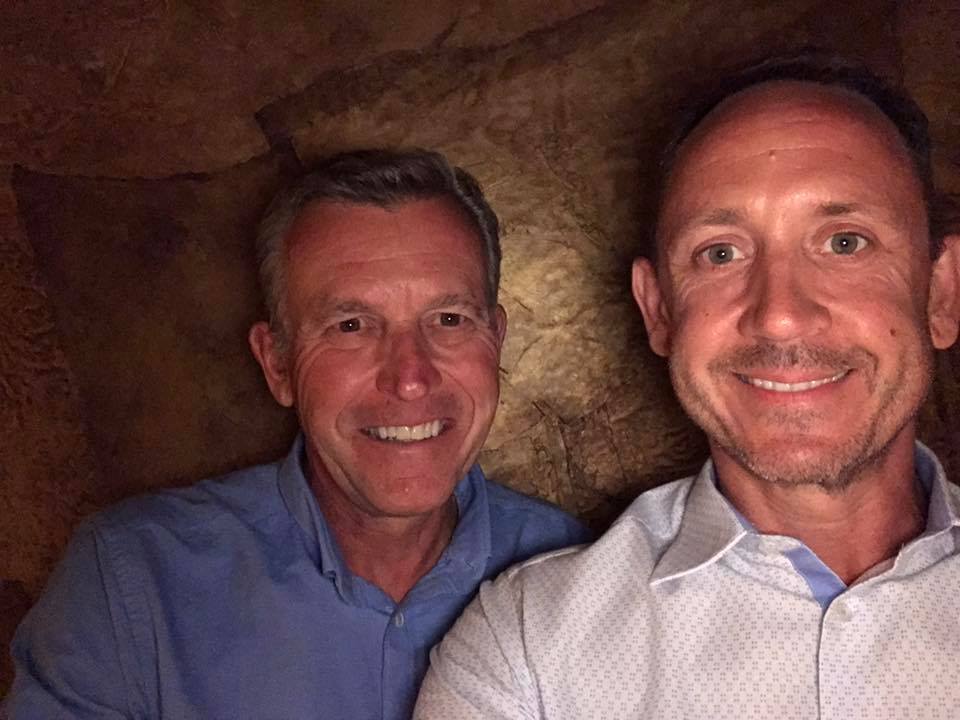 I met
I met 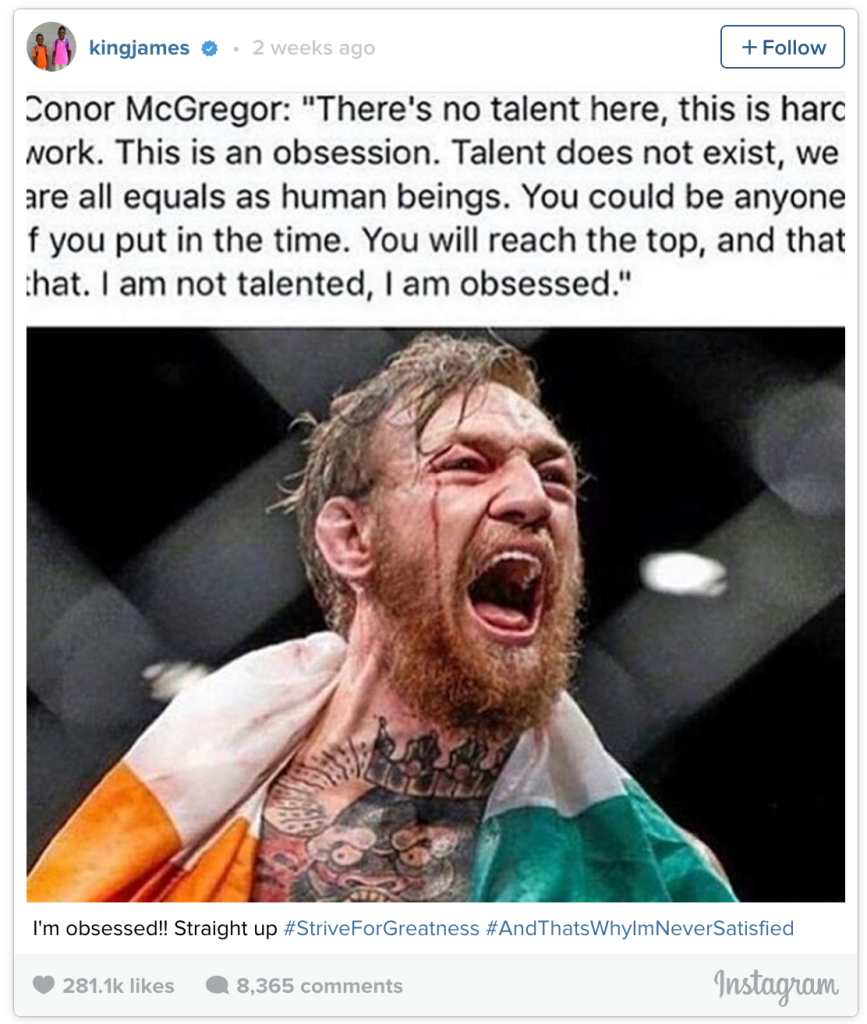
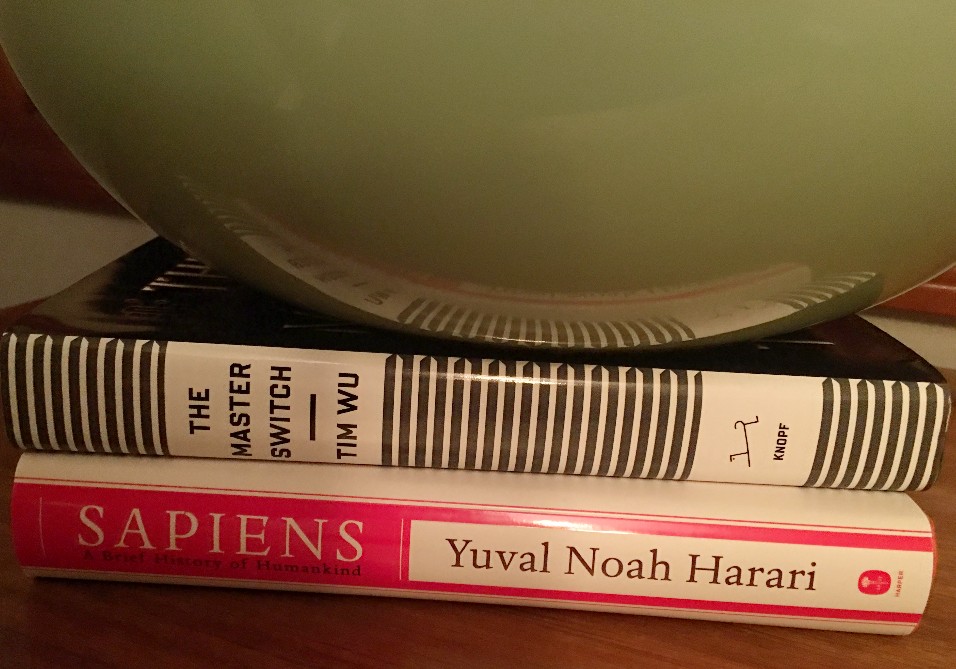
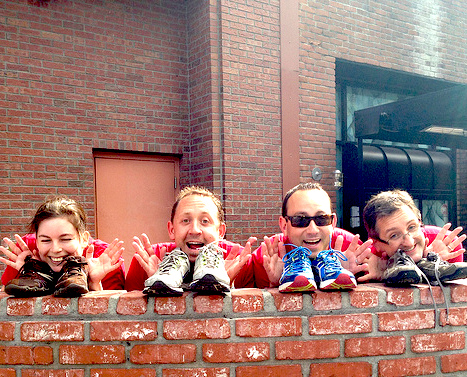
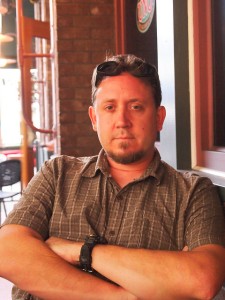 We sat down over a beer and started talking. Just us two founders. It was Steve’s idea and he wanted to make sure that when we failed, because it seemed pretty likely, that we could look back on our last attempt, perhaps a final fit of energy before our demise, and have something for which we could be proud. That was a critical meeting because we hashed out a couple guiding principles that were instrumental. Also, it got me thinking.
We sat down over a beer and started talking. Just us two founders. It was Steve’s idea and he wanted to make sure that when we failed, because it seemed pretty likely, that we could look back on our last attempt, perhaps a final fit of energy before our demise, and have something for which we could be proud. That was a critical meeting because we hashed out a couple guiding principles that were instrumental. Also, it got me thinking.